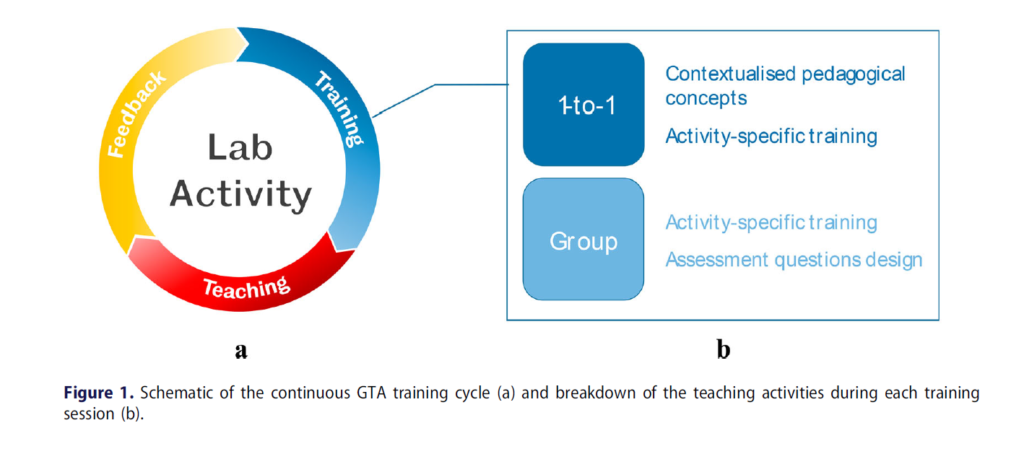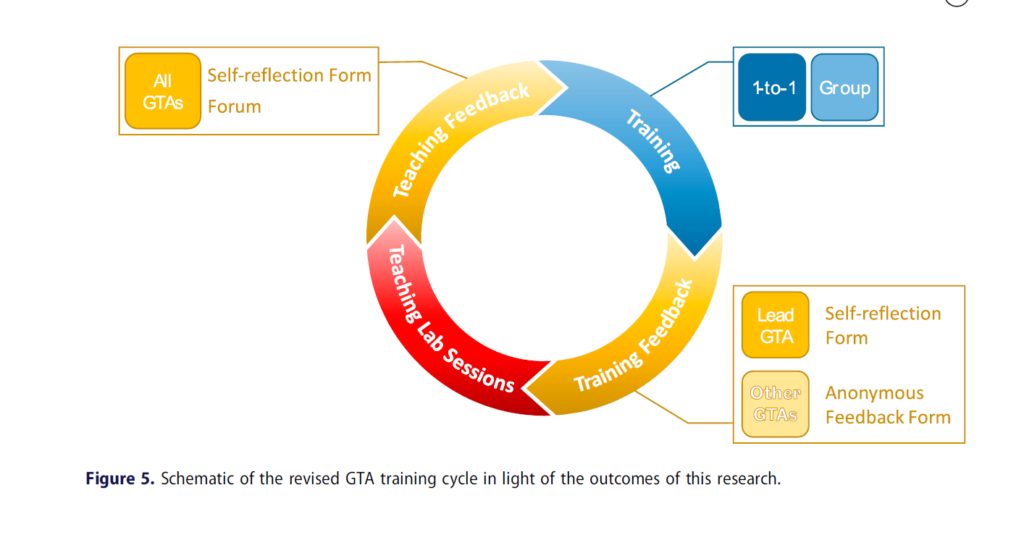On November 6th we came together as a community to celebrate the achievement of 198 colleagues across our university who gained Advance, HE Fellowship recognition (D1-D4) during the 2023/24 academic year. This milestone reflects a significant increase from 161 colleagues in 2022/23 and demonstrates the growing engagement and commitment of our staff to advancing teaching excellence.
At the heart of this achievement is a collective dedication to providing an outstanding educational experience for our students. Reflecting on and refining practice to align with relevant pedagogies underscores the values we uphold as an institution. As Sarah Graham, HaSS Dean of Education, remarked:
“It’s really positive to see this growth in recognition. As a community, it’s important that we keep spreading the word and raising the profile to support more colleagues in achieving recognition.”
The flexibility and inclusivity of the Professional Standards Framework (PSF) enables colleagues across diverse roles – academics, technicians, professional services and central services staff to achieve recognition. Notably, we celebrated the success of education managers, technicians, and colleagues from the Library, Careers, and LTDS. Their contributions enrich the fabric of our learning and teaching culture, further aligning us with the wider sector’s standards.
The event also highlighted the pivotal role of mentorship. Dr. Paul Hubbard, Chair of the Board of Studies, expressed gratitude to PSF mentors, including newly recognised colleagues stepping forward to support others. This spirit of mentorship strengthens our community, as mentors not only guide peers but also exemplify continuous professional development.
Special congratulations went to Ben Steel, this year’s recipient of the Dr. Phil Ansell Award for Mentoring, which honours exceptional support for colleagues pursuing Fellowship recognition.

Being recognised under one of the four categories of Fellowship is not the final destination and can be a springboard for ongoing contributions to our learning and teaching community. Opportunities include;
Participating in the 2024/25 University Learning and Teaching Conference on April 3rd, 2025.
Joining networks like Newcastle Educators or discipline-specific groups.
Sharing innovations by submitting case studies to the Case Studies of Effective Practice database.
Considering national recognition through the National Teaching Fellowship Scheme (NTFS) or the Collaborative Award for Teaching Excellence (CATE) .
If you would like any information about how to apply for a Advance HE Fellowship recognition, or anything discussed in this blog please do get in touch with the Academic Practice Team apt.lts@newcastle.ac.uk.
Proud moment for D1 Associate Fellow – Kolapo Odeniyi.

NU Med Education Day and Celebrating Success Event – 15th October 2024
During October 2024, Pro Vice Chancellor of Education, Professor Ruth Valentine, visited NU Med hosting an Education Day and a ‘Celebrating Success’ event for colleagues who have recently completed successful PSF applications. During the education day, Professor Valentine focused on the new University Education Strategy (Education for Life 2030+), and looked at how branch campuses can contribute to achieving its key objectives – Education for Life and other important education priorities moving forward.
The joint Education Day also provided an opportunity to strengthen connections between NUMed and NUIS colleagues, both for academic and PS teams.
Pic A NU Med colleagues attending the Education Day

The NU Med Garden Cafe hosted the celebration as the institution honored the achievements of staff members who excelled in their professional growth and development under the UK Professional Standards Framework (UKPSF). The event also recognised the invaluable contributions of mentors and those who completed the Advance HE External Examiner course.
The event kicked off with an address by Professor Ruth Valentine, setting the tone for the celebrations. The event emphasised the importance of mentorship and professional development in fostering a thriving academic environment.
Recognition was given across several categories:
D3 Senior Fellows: A testament to their leadership and contribution to teaching and learning excellence.
D2 Fellows and D1 Associate Fellows: Acknowledged for their commitment to upholding and advancing professional teaching standards.
Advance HE External Examiner Course Graduates: Celebrating individuals who enhanced their expertise in quality assurance practices in higher education.
The event concluded with a lunch and networking session, providing a wonderful opportunity for the NUMed community to connect, reflect, and share best practices.
Pic B – Celebrating Success Event













